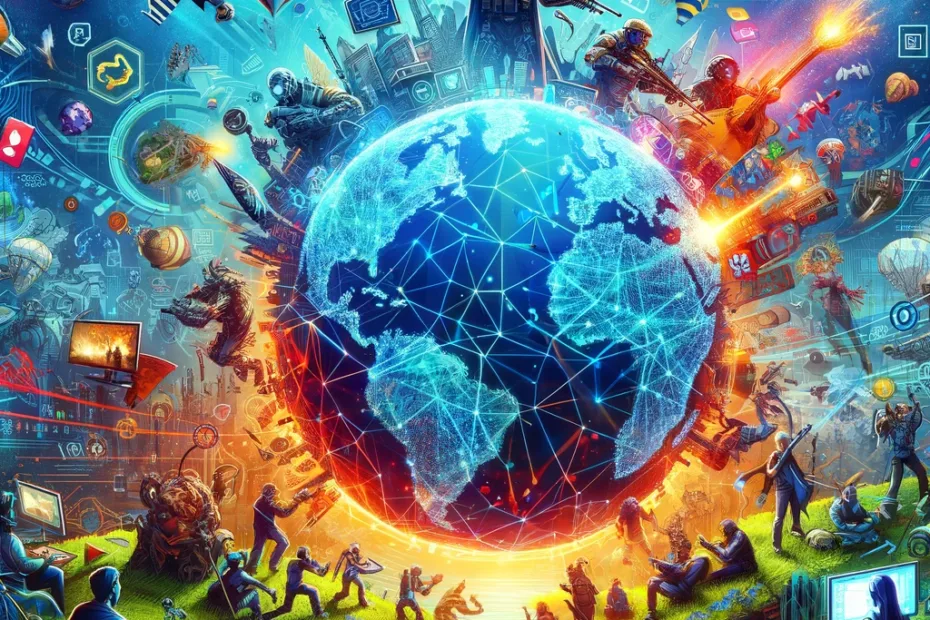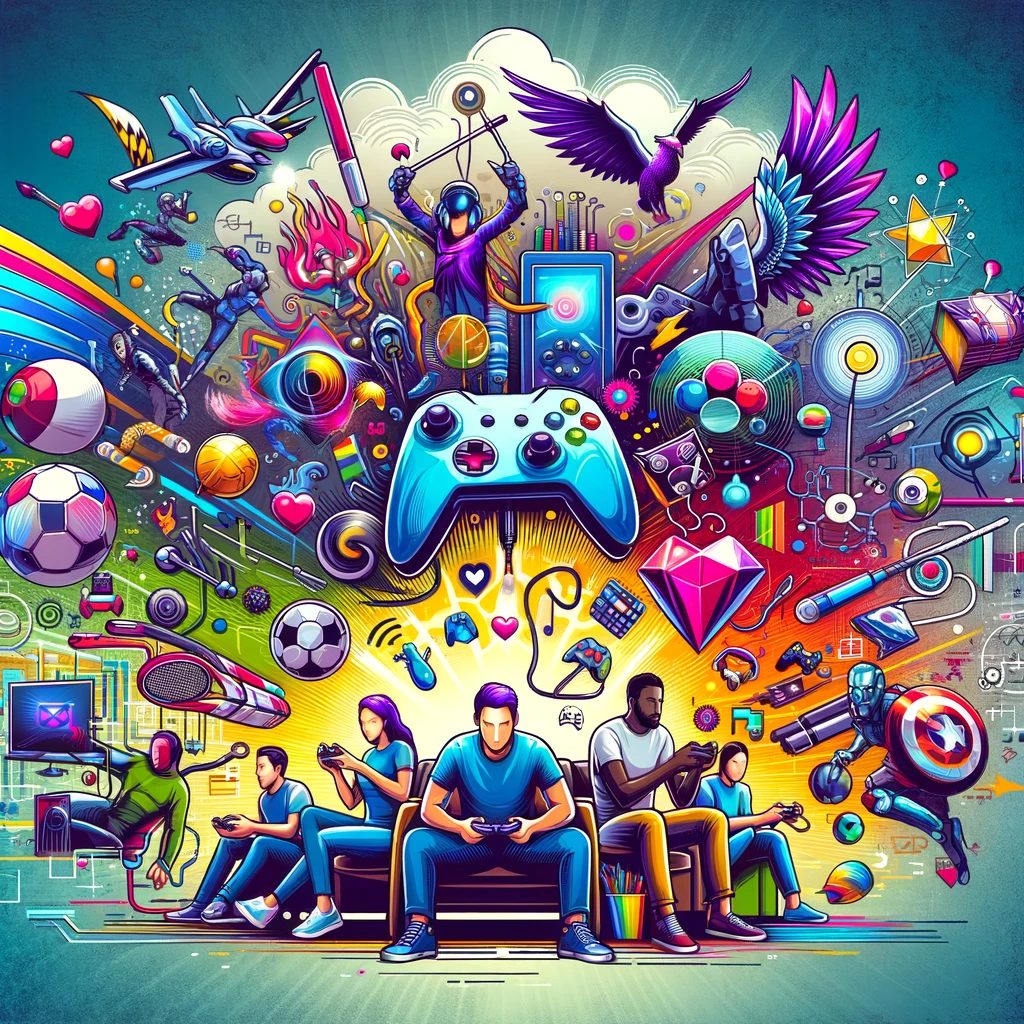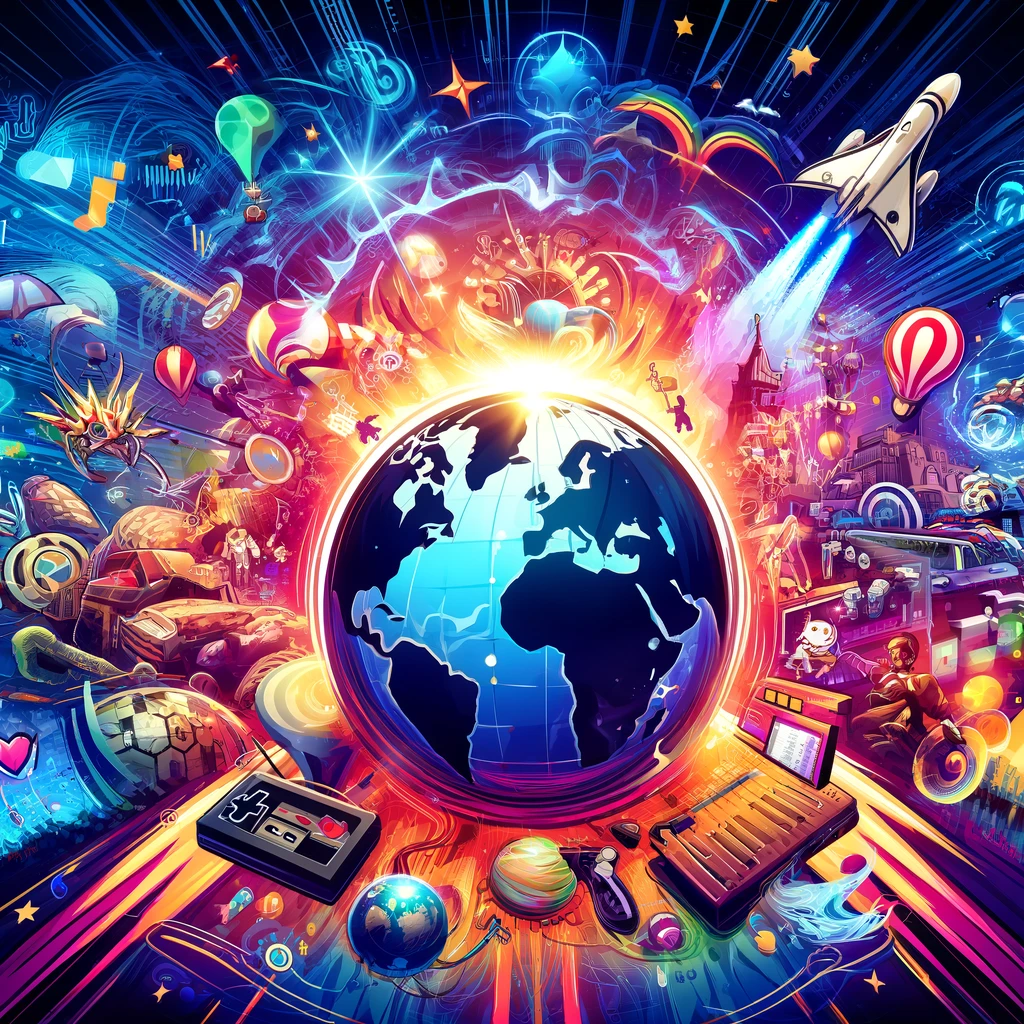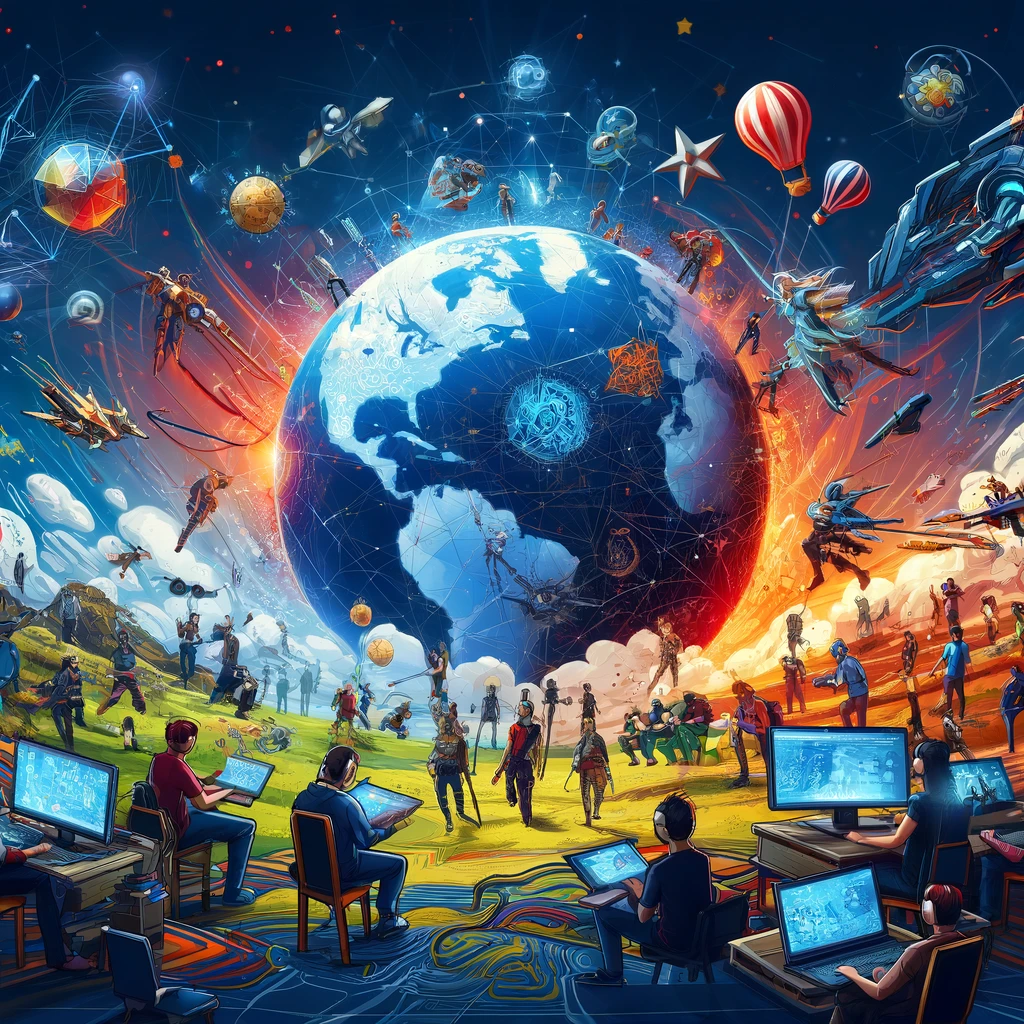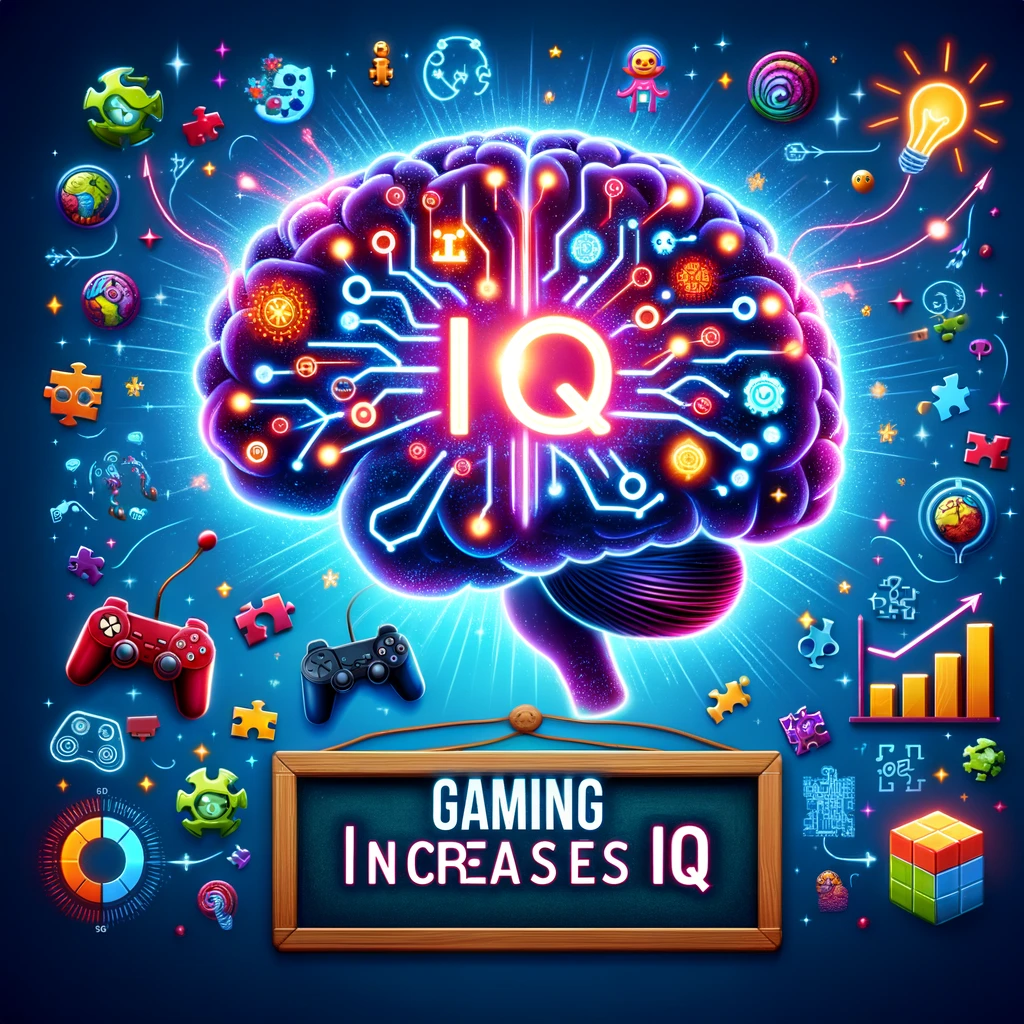Introduction
Online gaming has transformed the landscape of digital entertainment, connecting millions of players from around the world in shared virtual experiences. From the adrenaline-fueled matches of competitive shooters to the collaborative quests of MMOs, online gaming offers a diverse array of experiences that transcend geographical boundaries. This article delves into the evolution, social impact, industry influence, and future trends of online gaming, exploring how it has become a pivotal aspect of contemporary gaming culture.
The Evolution of Online Multiplayer Games
The journey of online multiplayer games began with simple text-based adventures and has evolved into the complex, graphically rich experiences we see today. Early games like “MUDs” (Multi-User Dungeons) laid the groundwork for the community-driven, interactive gaming experiences that have become the norm. The introduction of MMORPGs (Massively Multiplayer Online Role-Playing Games) such as “World of Warcraft” brought online gaming into the mainstream, offering expansive worlds where thousands of players could interact simultaneously. More recently, the battle royale genre, with games like “Fortnite” and “PUBG,” has taken the world by storm, showcasing the massive appeal and competitive nature of online gaming.
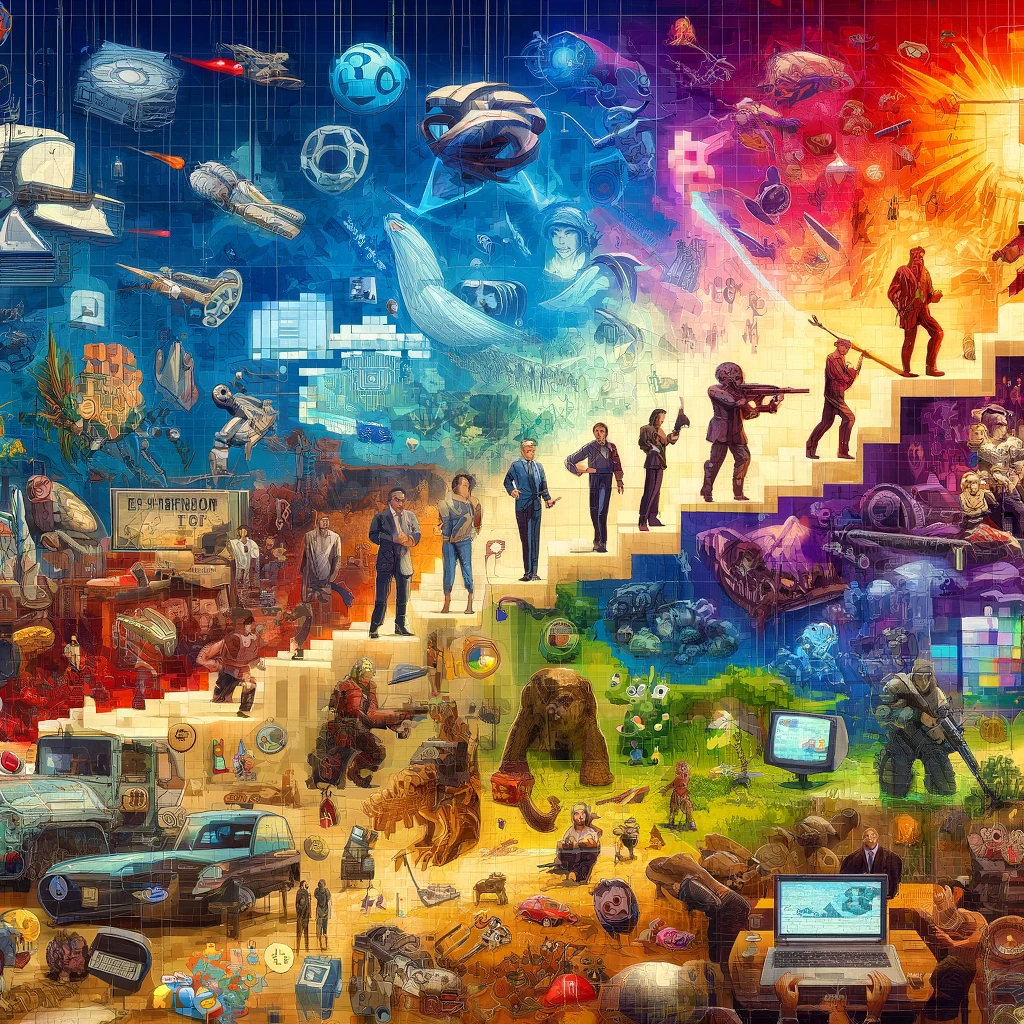
Social Connections and Community Building
Online gaming has become a powerful platform for social connection and community building. Games designed with strong social elements, from cooperative PvE (Player versus Environment) missions to competitive PvP (Player versus Player) battles, facilitate interactions that can lead to lasting friendships and a strong sense of community. Platforms like Discord and Twitch complement this by offering spaces where gamers can share experiences, strategies, and content, further solidifying the social fabric of the online gaming world.
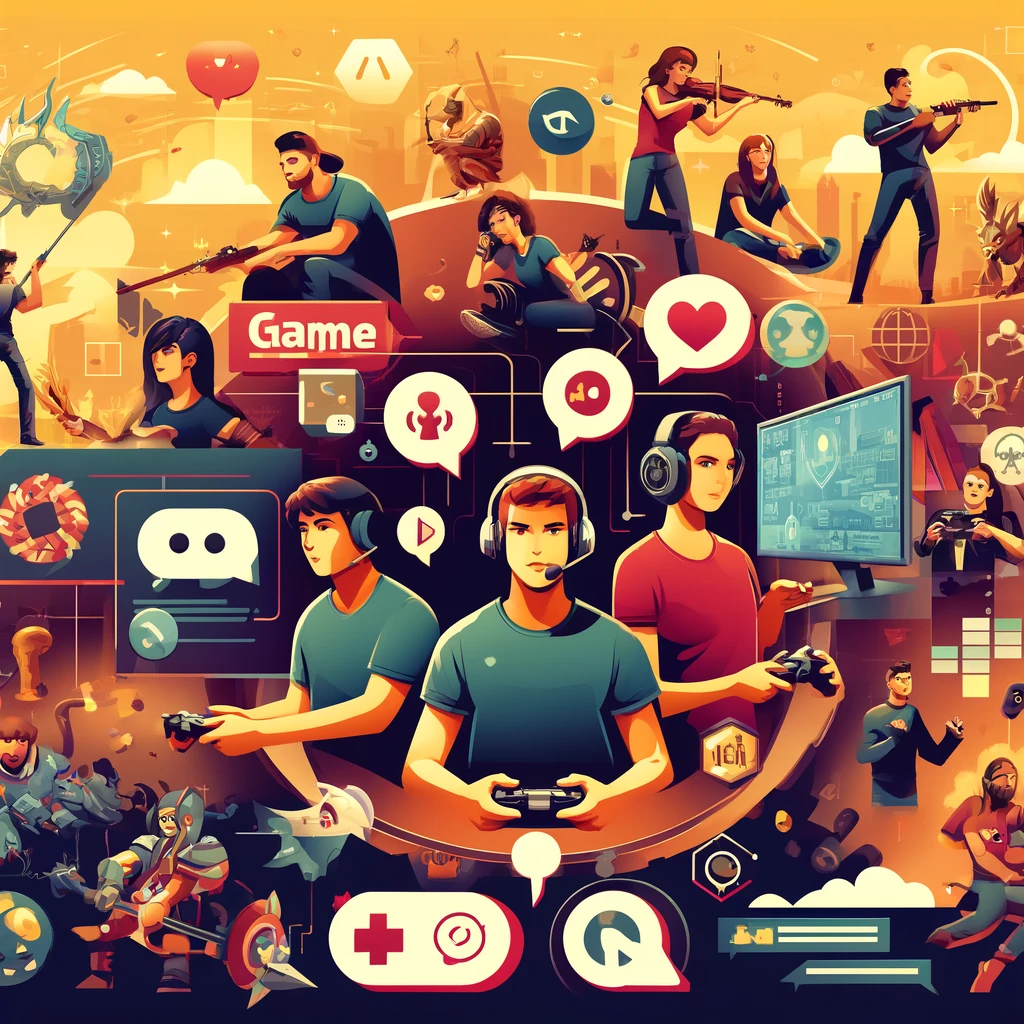
Impact on the Gaming Industry
The rise of online gaming has had a profound impact on the gaming industry, influencing everything from game design and development to distribution and monetization models. The digital marketplace, driven by online sales, has become increasingly important, allowing for direct distribution and a wider reach for developers. Additionally, the shift towards live service games has introduced new revenue streams through in-game purchases and season passes, reshaping how games are produced and consumed.
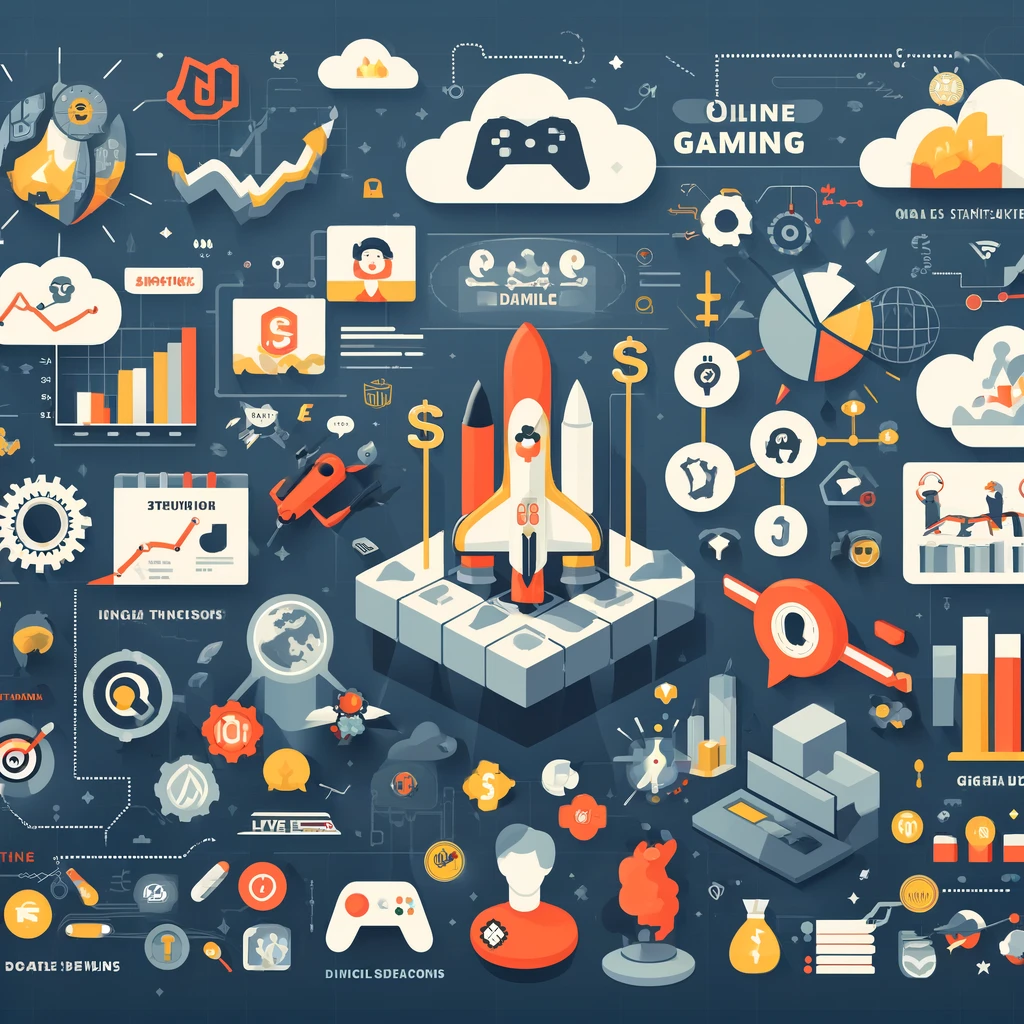
Challenges and Concerns
While online gaming offers numerous benefits, it also presents challenges such as toxicity in online communities, concerns over data privacy, and the risk of gaming addiction. Efforts to address these issues involve improving moderation, implementing stricter privacy controls, and promoting healthy gaming habits to ensure a safe and enjoyable environment for all players.
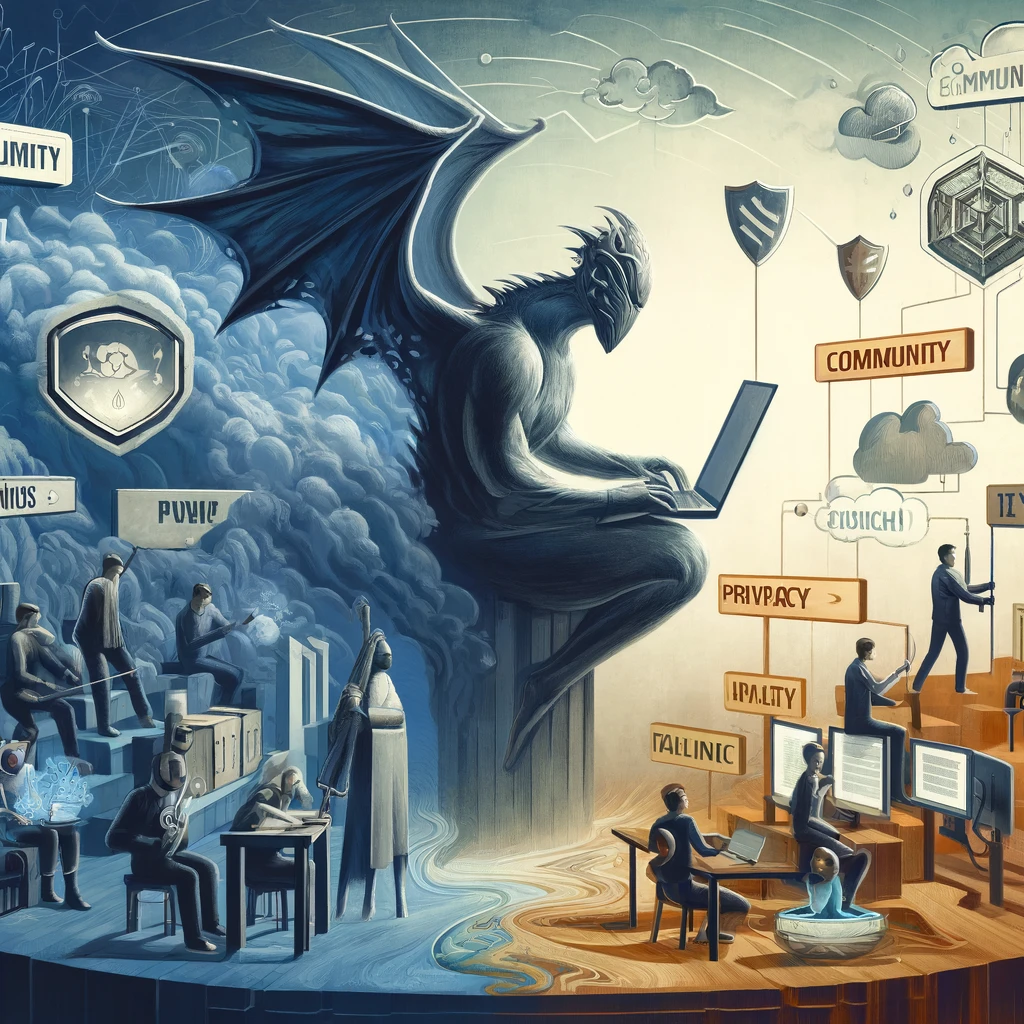
Emerging Trends in Online Gaming
Emerging trends such as cloud gaming, esports, and game streaming are shaping the future of online gaming. Cloud gaming platforms like Google Stadia and NVIDIA GeForce Now promise high-quality gaming experiences without the need for expensive hardware, potentially democratizing access to gaming. Esports continue to grow in popularity, turning competitive gaming into a spectator sport with a global audience. Additionally, game streaming on platforms like Twitch and YouTube has become a significant aspect of online gaming culture, with streamers and content creators influencing gaming trends and communities.
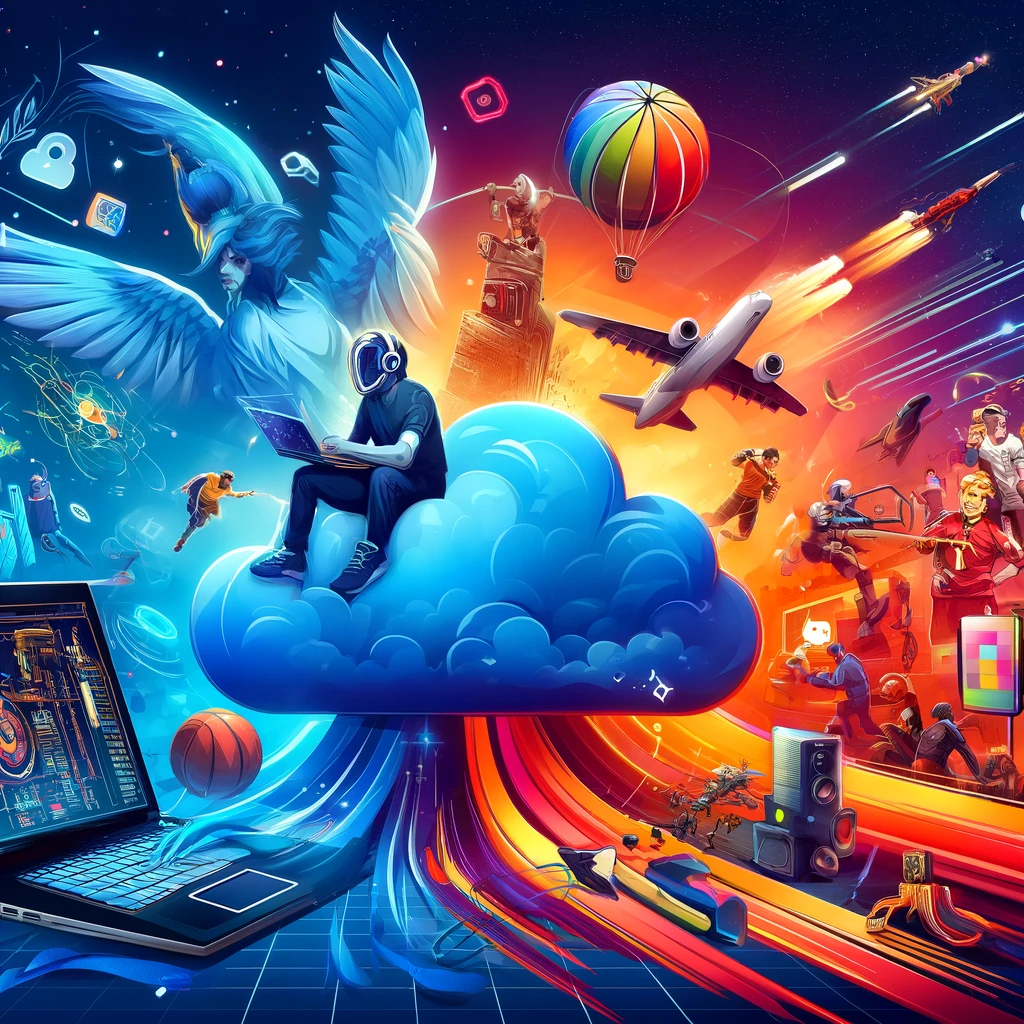
Conclusion
Online gaming has become an integral part of the digital entertainment landscape, offering diverse experiences that connect players worldwide. From its humble beginnings to its current status as a driving force in the gaming industry, online gaming continues to evolve, shaped by technological advancements, community engagement, and emerging trends. As we look to the future, the online gaming world promises to offer even more innovative and engaging experiences for players around the globe.
